
Loading...
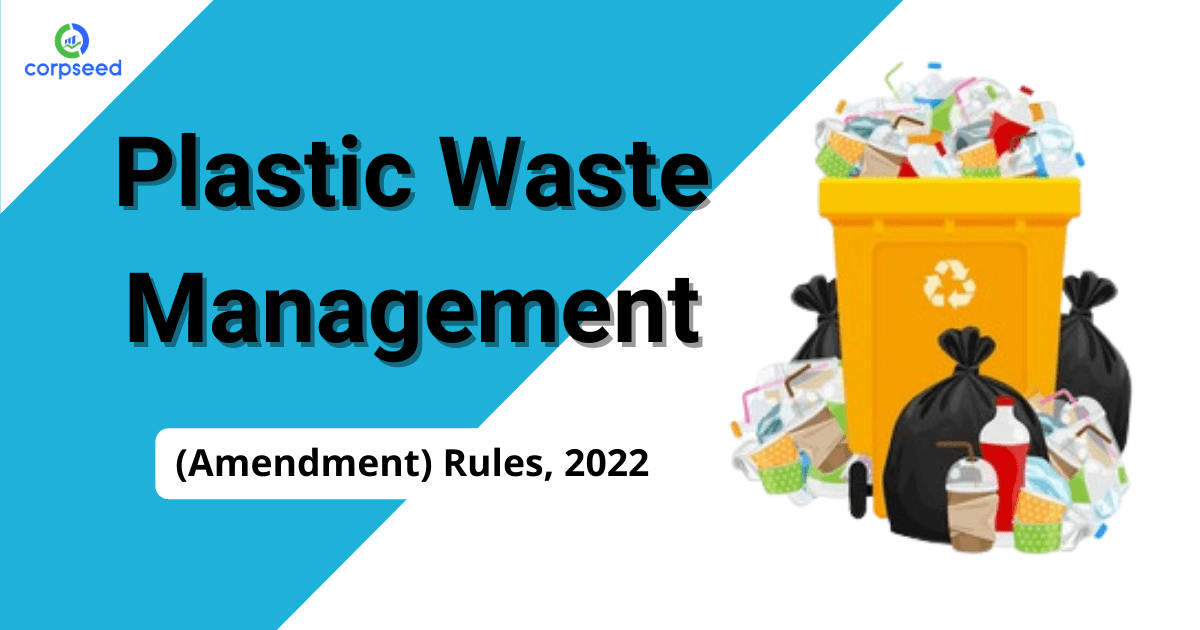
As the use of plastic is increasing at a very fast pace, plastic waste management becomes the utmost priority.
About the Author

Related articles
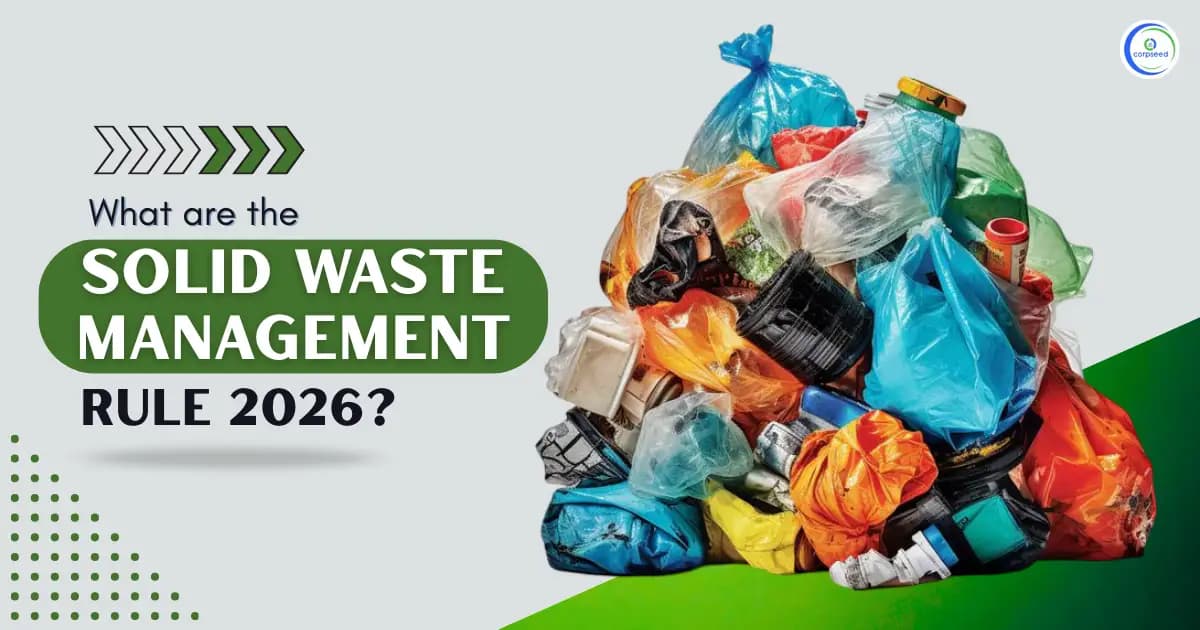
What are the Solid Waste Management Rules, 2026?
2026-02-05
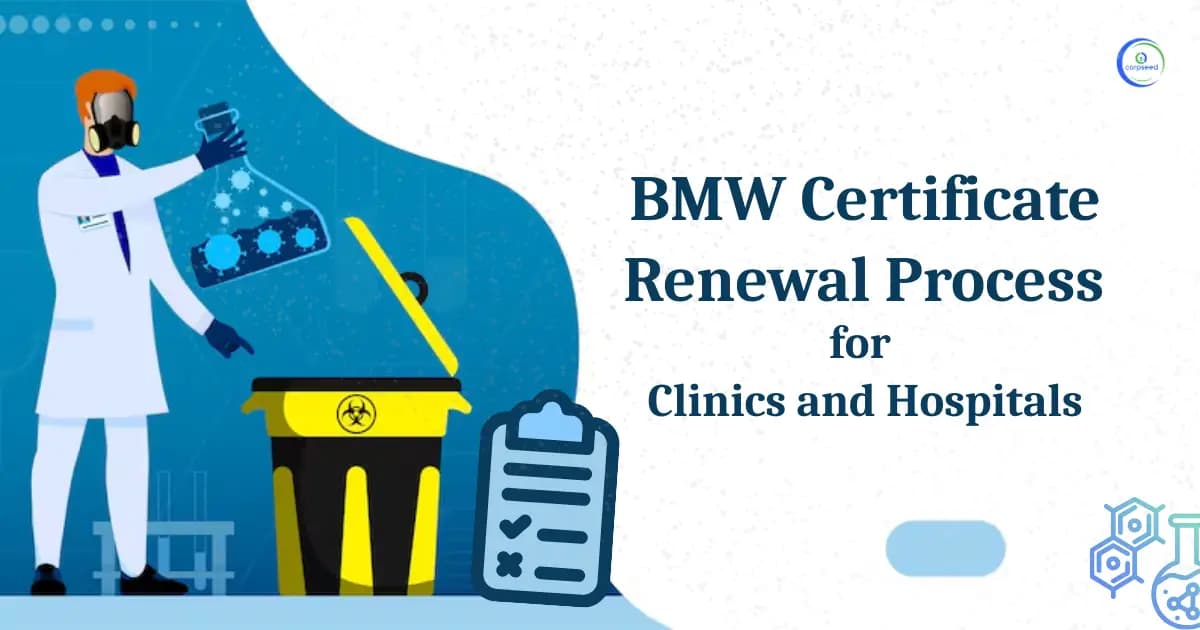
BMW Certificate Renewal Process For Clinics And Hospitals
2026-01-05
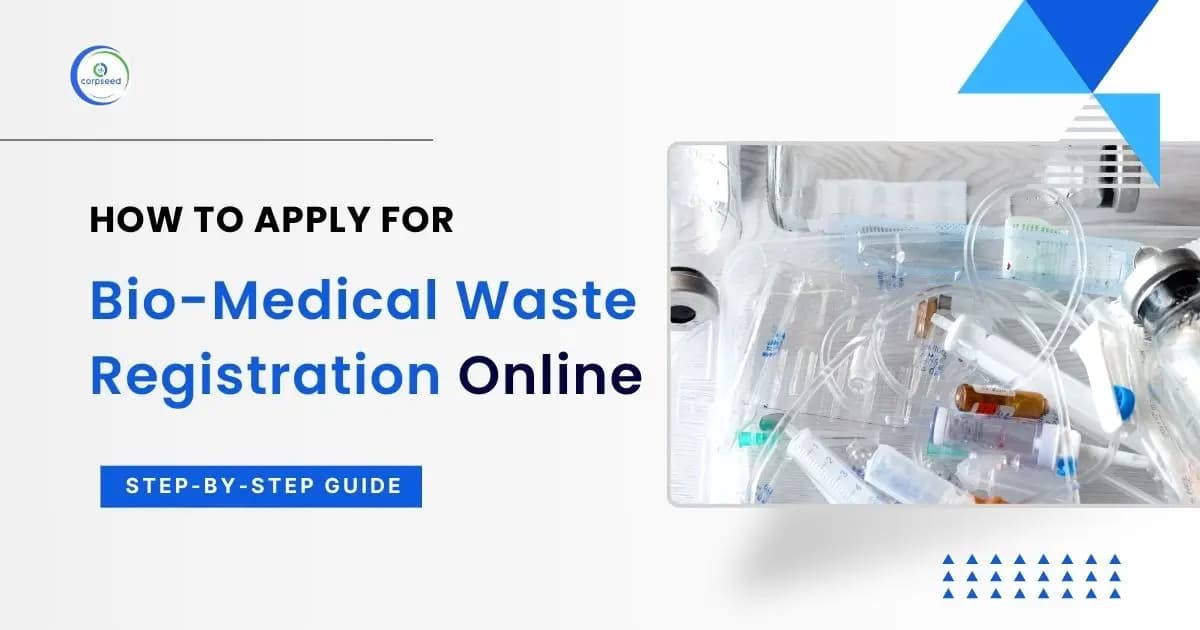
How to Apply For Bio-Medical Waste Registration Online: Step-By-Step Guide
2025-12-23
.webp&w=1536&q=75)
Hazardous Waste Authorization Annual Return: Filing, Compliance & Legal Requirements
2025-10-09
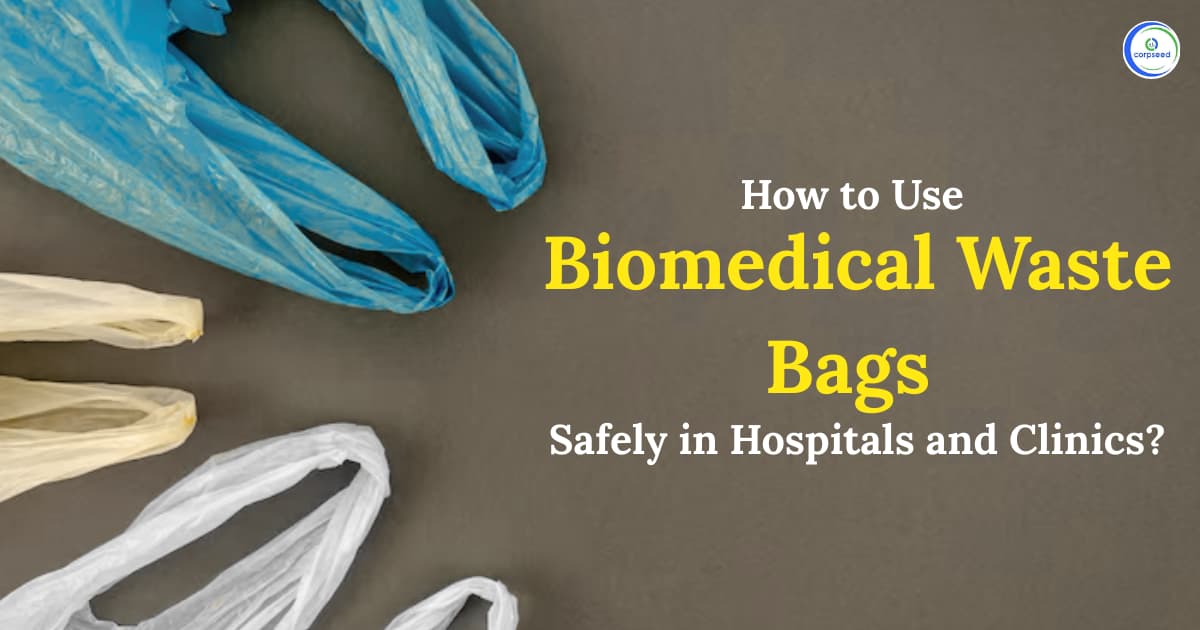
How to Use Biomedical Waste Bags Safely in Hospitals and Clinics?
2025-08-19
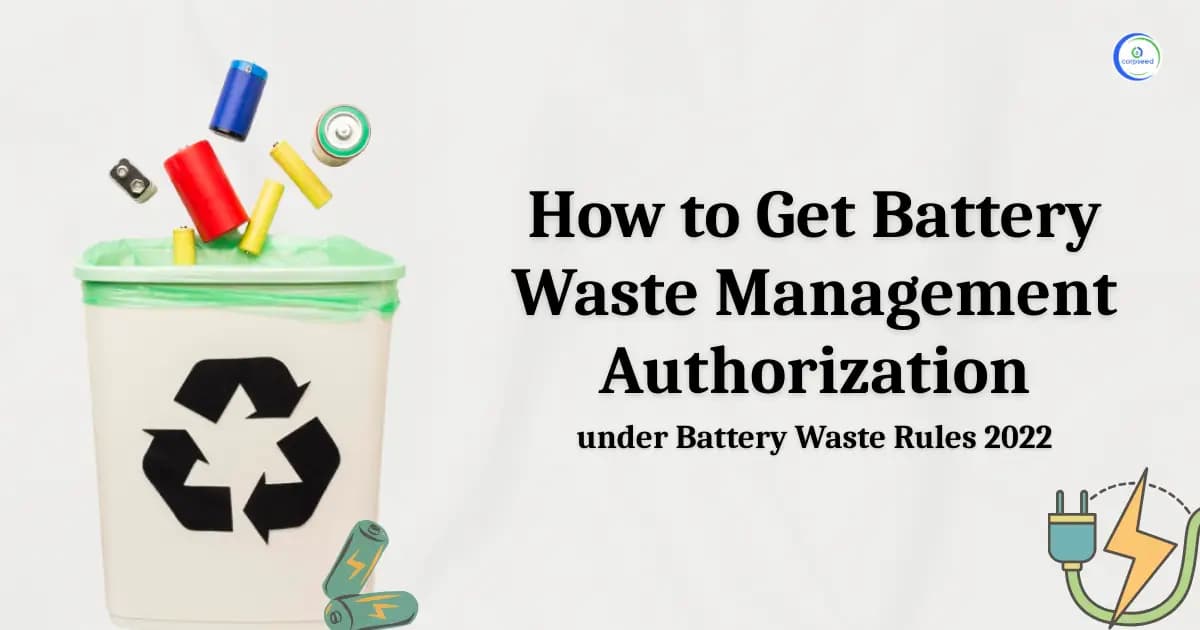
How to Get Battery Waste Management Authorization under Battery Waste Rules 2022
2025-08-14